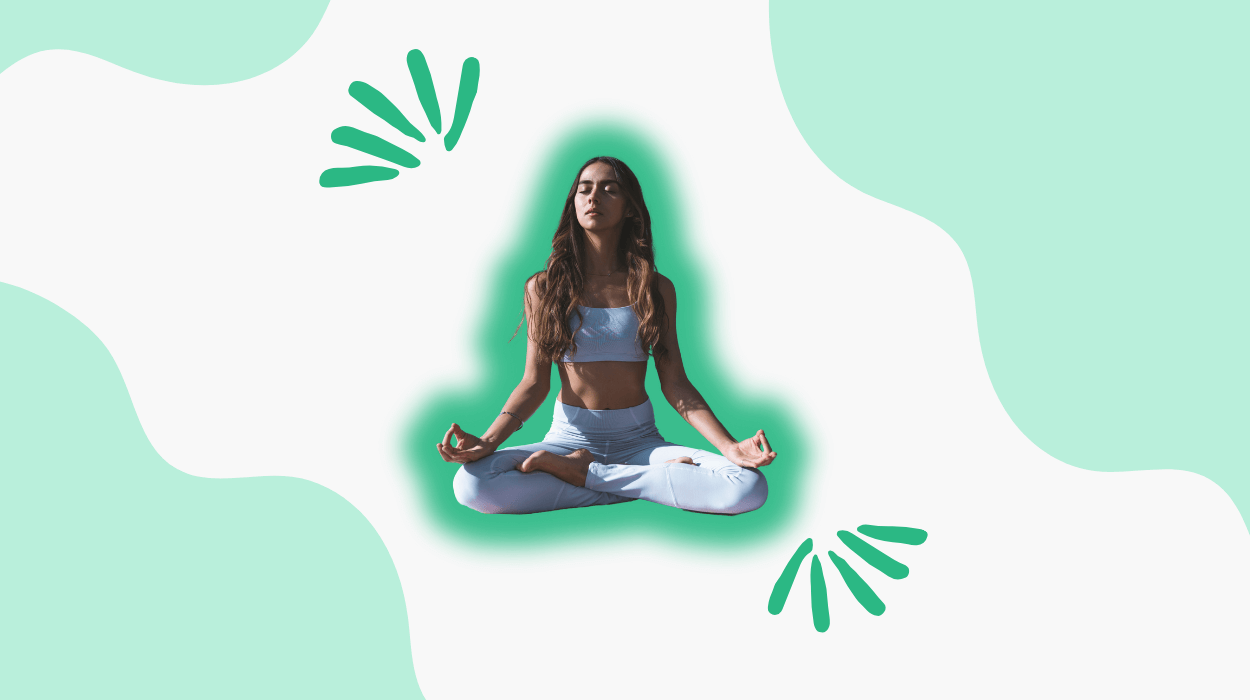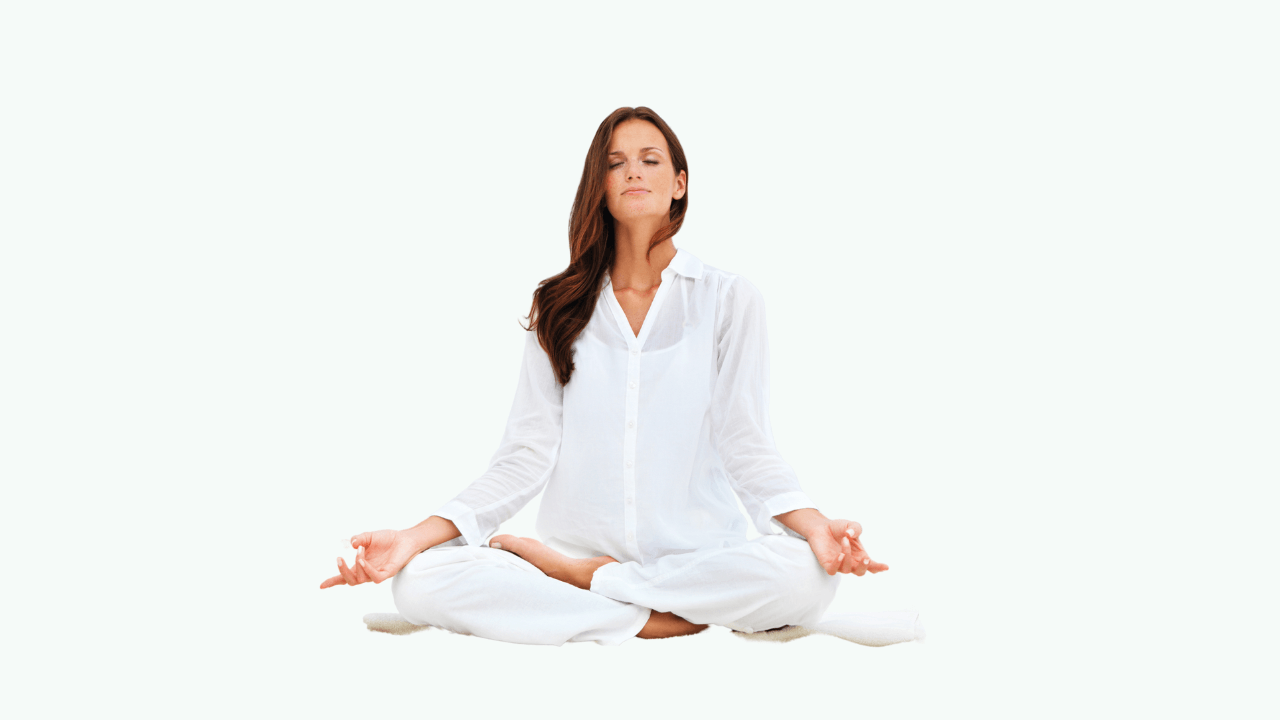

Mindfulness meditation could help in managing stress and anxiety. It could make you feel calm and gain emotional stability. It may also help cool down racing thoughts and cultivate inner peace amidst the chaos of anxiety.
Mindfulness meditation could help you stay present in the moment and encourage a non-judgmental awareness of one’s thoughts and sensations.
During anxiety management, mindfulness meditation acts as a shield against the constant racing thoughts and overwhelming emotions that often accompany anxious episodes.
It offers people a chance to understand the reasons for their anxiety symptoms by providing a safe emotional space.
Thus, it is essential to understand the difference between responding with unawareness and managing anxiety with mindfulness.
Excessive worry, extreme fear, or intense uneasiness could be characterized as anxiety. It could cause both physical and mental symptoms, often leading to intrusive and uncontrollable negative thoughts. People might experience sweating, rapid heartbeat, and low energy during intense anxiety episodes.
| Key Points | Description |
|---|---|
| Types of Anxiety | Generalized anxiety, panic, phobias, social anxiety |
| Meaning of Anxiety | Anxiety motivates people to avoid danger or face issues, but consistent anxiety can lead to disorder |
| Symptoms of Anxiety | Intrusive, negative thoughts, physical symptoms like a fast heartbeat and dizziness |

Mindfulness meditation is a practice that may include focusing on the present moment with attention and acceptance. It could manage anxiety as it may help people settle their racing thoughts and calm the body through mindful awareness.
Here are some key points to consider about mindfulness meditation:
When experiencing stress, people often perceive their thoughts, feelings, and sensations as heightened.
Mindfulness might help to lower the intensity of the body’s reaction to these stressful situations, offering a way to calm the mind and body. It may allow you to step back from the chaos of anxiety and create a protective emotional space.
People could also distance themselves from overwhelming feelings and thoughts by practicing mindfulness, enabling them to examine the root causes of their anxiety in a more objective manner.
Mindfulness meditation might assist in developing a healthier relationship with your emotions. You can enhance emotional regulation skills by observing your thoughts and feelings without judgement.
This increased awareness and acceptance of emotions could lead to a greater sense of calmness, improved focus, and better overall mental health.
Through mindfulness, people might cultivate inner peace and resilience that empowers them to navigate the challenges of anxiety with greater ease and clarity.
Must Visit:
To practice mindfulness meditation techniques, follow these steps:
Recommended:
Scientific evidence supports that mindfulness meditation may lead to reduced anxiety levels, changes in brain regions related to anxiety, and improvements in mental health and quality of life.
A study from the University of Waterloo in Ontario, Canada, demonstrated that 10 minutes of daily mindfulness meditation might help prevent a wandering mind and reduce repetitive, anxious thoughts.
Research by Fadel Zeidan and David Vago indicates mindfulness meditation influences the brain’s stress processing, positively impacting stress-related health conditions. It has also been linked to enhanced pain management in people with chronic pain.
People might experience difficulty while expressing or dealing with their emotions in certain situations. Thus, mindfulness could help them accept their thoughts and emotions without being judgemental.
Mindfulness meditation assists people dealing with intense stress and anxiety episodes, offering a path toward peace, self-awareness, and emotional freedom.
Meditation could be challenging, but starting slowly might help you follow these processes in the long run.
You can experience the benefits of improved emotional regulation, focus, and overall health by combining mindfulness meditation in your daily life through dedicated practices.
It is also essential to provide your body with the necessary nutrients during meditation and
self-care practices to fuel your body with motivation for the next day.
Medication outcomes might vary from person to person. Thus, consult a psychiatrist if you don’t notice any relief in anxiety symptoms even after trying everything.
The mental health expert can help analyze your mental health condition and causes influencing it to suggest better and personalized treatments and therapy sessions.
Tyler Read earned an undergraduate academic degree from Sonoma State University, California and is a certified personal trainer (CPT) with NASM (National Academy of Sports Medicine). With over 16 years of experience, Tyler has trained clients both online and in-person.
He is passionate about helping others turn their love for fitness into a career. Tyler has worked with many local and commercial gyms before establishing his successful private personal training business, which he continues to operate.
